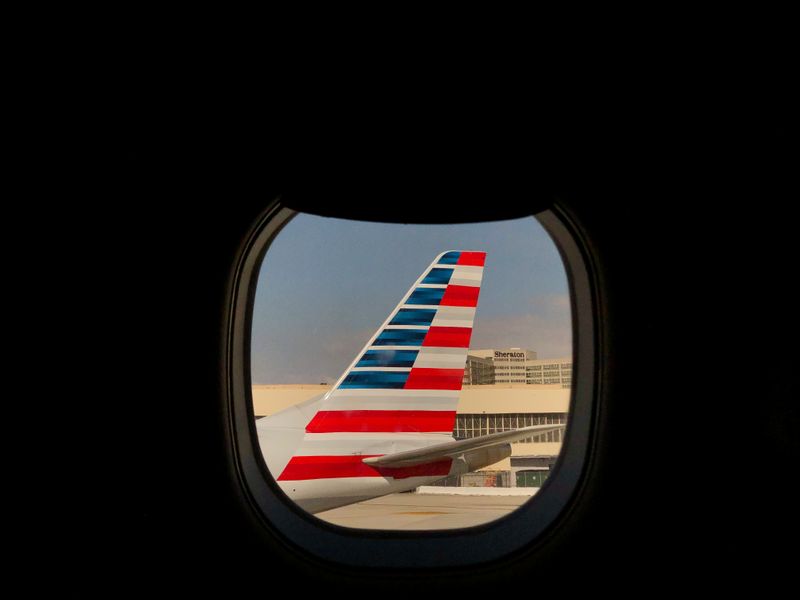By Tracy Rucinski and Rachit Vats
(Reuters) - Leading U.S. airlines on Tuesday ditched 2020 forecasts and unveiled more sweeping capacity cuts and cost-saving measures in response to the spreading coronavirus, while United Airlines (O:UAL) warned of a deep hit to the sector.
Speaking at an industry conference, United President Scott Kirby said he was preparing for a "dire scenario" under which revenue could fall as much as 70% in April and May and 20% in November and December.
The sector has been hard-hit as tourists cancel trips and businesses across the globe clamp down on anything other than essential travel over the fast-spreading epidemic, sparking a string of steps by airlines to tackle the impact of the outbreak.
Chicago-based United has taken some of the most aggressive measures to date, saying on Tuesday it had raised $2 billion in new capital to bring liquidity to $8 billion and slashed its 2020 capital expenditure by more than a third to about $4.5 billion.
"Let me blunt. Hope is not a strategy," Kirby told investors, saying it could take the industry two to three years to fully recover.
United will not take jet deliveries or add capacity back to the market until it sees demand returning, he said. The airline expects to post a first-quarter loss due to the crisis, and Kirby and CEO Oscar Munoz are forgoing their base salaries until June 30.
Delta (N:DAL) said it had seen net bookings fall by as much as 25% to 30% and expected the situation to worsen further.
"This clearly is not an economic event. This is a fear event, probably more akin to what we saw at 9/11 than necessarily what we saw in 2009," Delta Chief Executive Officer Ed Bastian said.
Delta is cutting domestic capacity by 10% to 15% and international by 20% to 25% and freezing hiring across the company, offering voluntary leave options to staff and looking at early retirement of older aircraft.
BETTER-POSITIONED
The U.S. airlines have all said that strong balance sheets, significantly lower debt levels and sizeable cash reserves versus prior crises make them better prepared to weather the crisis, but do not rule out additional capital raising or cost-cutting.
Also speaking on Tuesday, American Chief Executive Doug Parker said his airline had $7.3 billion in available capital and was eyeing cost savings such as reduced pilot training classes.
The airline, which is cutting domestic capacity by 7.5% in April and international by 10% for the upcoming summer season, also expects a fall in fuel prices to save $3 billion in 2020 costs. Oil sank around a fifth in value on Monday.
American, Delta and United have also suspended share buybacks and said they were prepared to take additional measures as needed.
In a message to employees on Monday, Southwest (N:LUV) CEO Gary Kelly said he was taking a 10% pay cut in response to a "severe recession" for the airline industry.
In an effort to encourage bookings, the largest U.S. airlines are allowing passengers to re-book tickets through April 30 without paying fees to change flights and others are running significant fare sales or cutting prices on some routes.
Alaska Airlines (N:ALK) is advertising airfares as low as $25 one way, while Spirit Airlines (N:SAVE) said it was cutting fares by up to 70%.
Speaking on Tuesday, Spirit CEO Ted Christie highlighted the budget carrier's low-cost structure.

"Anyone can sell low fares, the issue is who can sell low fares at a profitable level?"